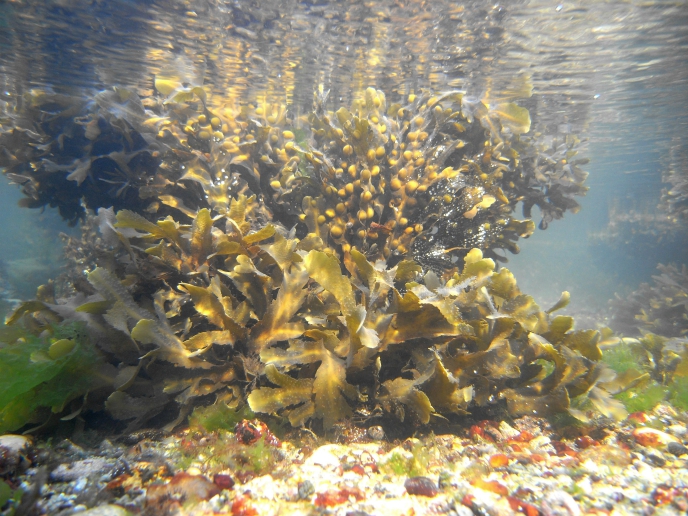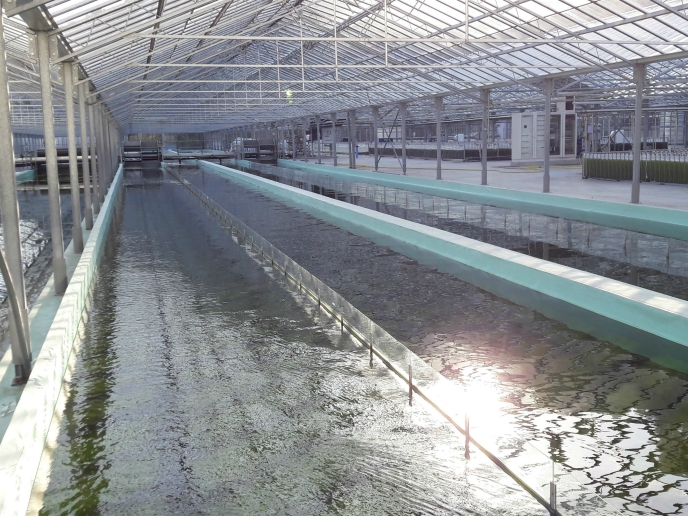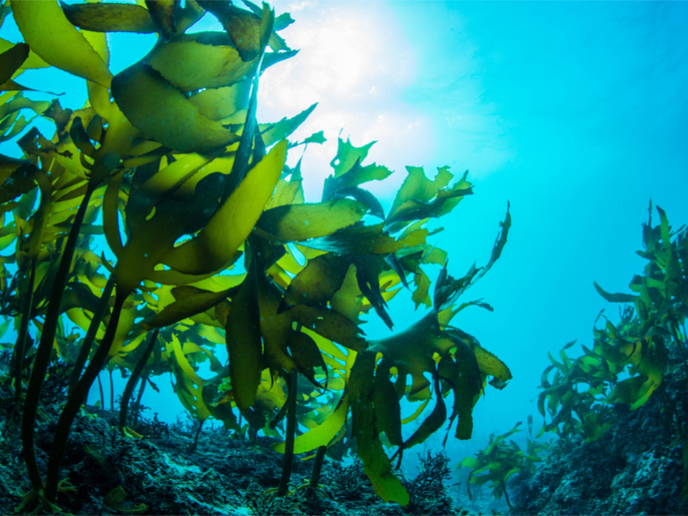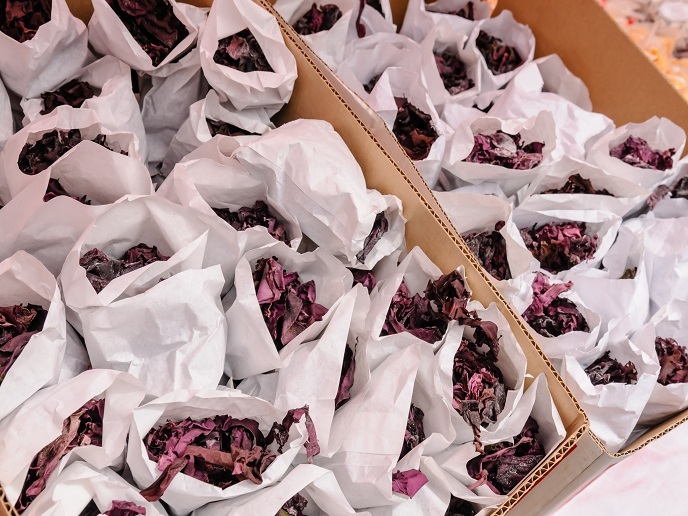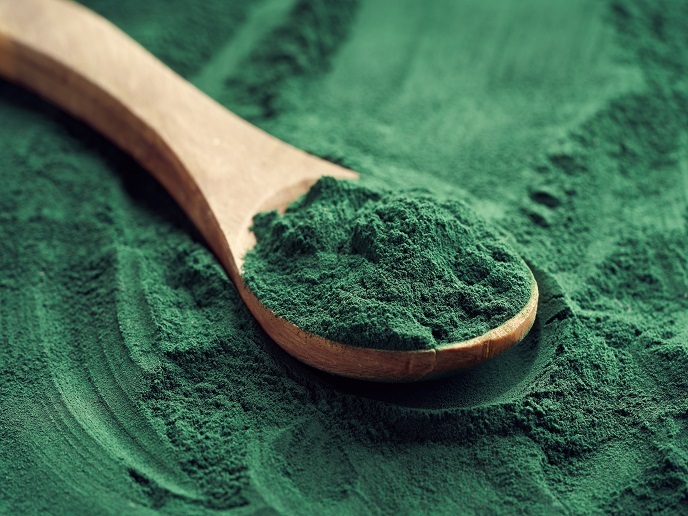Microalgae with macro potential
To meet the growing demand for algae and understand their role in ecosystem functioning, more information on their biology is required. As part of the Marie Sklodowska-Curie Innovative Training Network, the EU-funded ALFF project set out to study and control both beneficial and harmful microbes, collectively known as the algal microbiome. On algae-microorganism interactions ALFF was an international collaboration aiming to train early-stage researchers in the field, advance algal cultivation and devise new biocontrol strategies. Project partners worked to identify naturally occurring algal symbionts and pathogens and characterise their interactions through state-of-the-art genomics, molecular and biochemical techniques. “Our key goal was to identify which microorganisms control algal morphogenesis, are indispensable to algal survival or cause devastating diseases,″ explains project coordinator Ms Claire Gachon. ALFF researchers have made significant scientific discoveries including the identification of novel groups of phytoplankton parasites and the presence of bacterial genes in subcellular structures known as plastids of some microalgae. The consortium has also had a key role in the publication of a reference genome for the sea lettuce Ulva, which will set a gold standard for the entire research community for years to come. Furthermore, scientific data emerging from ALFF can be exploited for developing concrete and environmentally-friendly solutions for the reduction of biofilm formation in photobioreactors used for microalgal cultivation. In this context, researchers tested a number of compounds for reducing the impact of diseases in microalgal production facilities. Supporting innovation capacity Project activities have advanced research and innovation-related human resources, with early-stage researchers developing unique, interdisciplinary scientific profiles. In addition, ALFF demonstrated excellent cross-sectoral collaboration with the industry and strengthened the European innovation capacity in the field. “The structure of the project, together with first-rate financial resources, have enabled us to work as a team and to strive for excellence at all times,″ emphasises Gachon. Algae have an almost untapped biotechnology potential, but current research focuses on metabolite discovery, aquaculture yield improvement and engineering bottlenecks. As agricultural practices show, controlling the interaction of land crops with mutualistic or pathogenic microbes is critical to successful production. Maximising microbiome potential The fundamental knowledge generated during ALFF will help address the challenges associated with the commercial exploitation of algae and enhance the rapidly developing industry of algal aquaculture. The information will also be useful for the energy industry, which is developing biofuels from both microalgae and seaweeds that could serve as crude oil substitutes. To maximise the diversity of audiences reached by the programme, ALFF partners undertook a broad range of outreach and dissemination activities. First year multimedia technology students at the Karel de Grote Hogeschool produced short animation videos about ALFF explaining the concepts of parasitism, symbiosis, biofilms and endosymbiosis between bacteria and algae. These were showcased in 2016 at UGC cinemas in Antwerp and later refined and featured on the project website. Gachon underlines the importance of “getting the public to understand the opportunities and issues relating to the sustainable use of our aquatic freshwater and marine resources, within and beyond the EU.″
Keywords
ALFF, algae, microbiome, bacteria, biofilm



